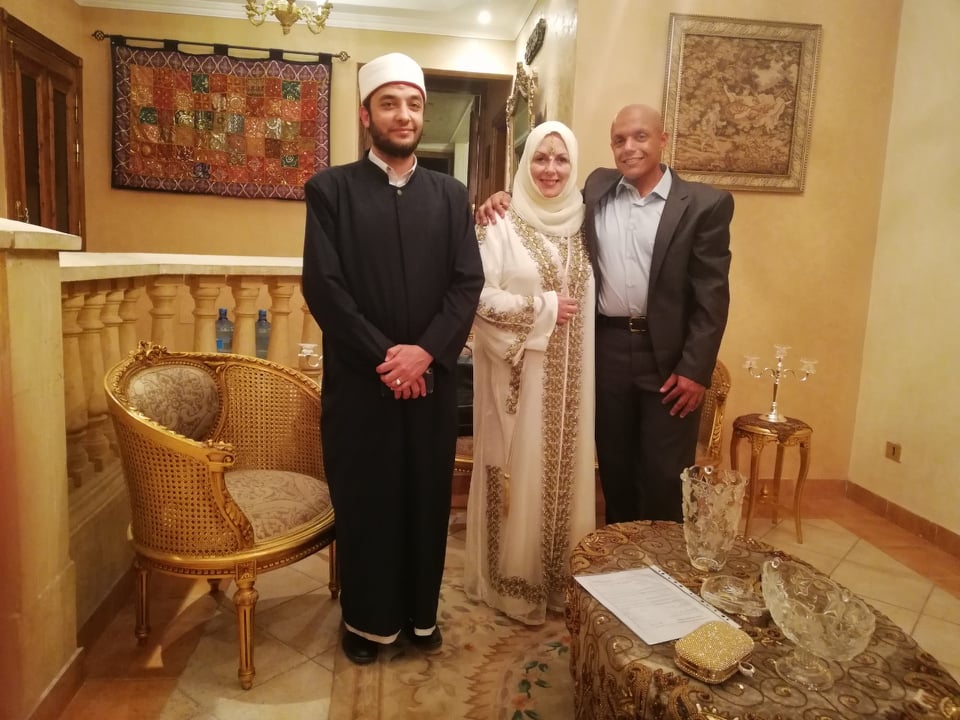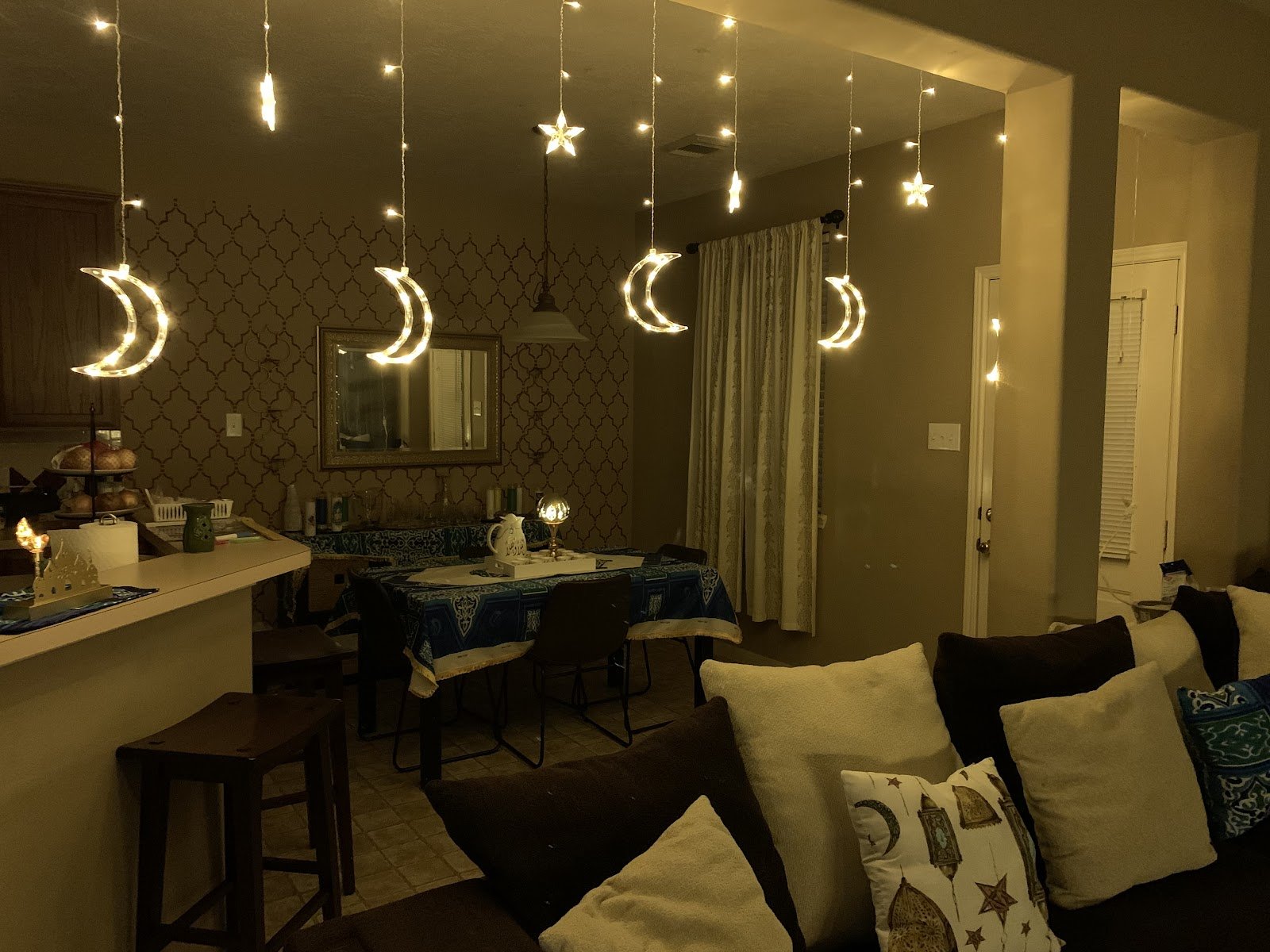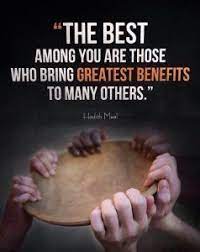Author: Marisa Lopez
I am going to complete today the episode of the Egyptian marriage customs of the Muslim community.
We have already talked about how they know each other, how they propose for marriage, how they get engaged and what religious and civil marriage is. .
Today we are going to talk about the bachelor party (henna) and the wedding party (farah).
3IMA
Before entering these two points, I would like to comment on something important in the days before the wedding. The bride takes all her belongings to her future new home, then a civil contract is made called 3ima where the bride details point by point all the furniture and furnishings that are in the house, including the shabka, whether she bought them or not and the groom, once completed, has to sign it. This serves so that in case of divorce, she can take everything without problems.
HENNA PARTY
The henna party takes place the night before the wedding or sometimes a couple of nights before and is technically what in Spain is known as a bachelor party. The women of the family meet at the bride’s house, where they bring a woman to paint the henna to the bride, if she wants or any of the guests. Of course with food and music and dancing. Henna parties for me are much more fun than weddings.
For their side, the groom and his male friends and relatives meet at the groom’s house also to eat and dance as well.
WEDDING PARTY (FARAH)
And finally the big day that every Egyptian woman has been waiting for since she was little, her wedding day.
The day starts early in the beauty salon with waxing sessions, Turkish bath and massage.
Some brides do their hair and make-up in the same salon and already dress there and the groom picks them up in a car decorated for the occasion and then they go to the photo session in a studio or in some historical places, styled in the Baron’s Palace. , Citadel etc All this accompanied by family and friends of the couple.
Other brides hire a room in the place where the wedding is to be held and they dress, do their hair and do their makeup there and then they do the photo session.
Once the photo session is over, the bride and groom and their cortege go to the room where the celebration will take place. Upon arrival, a folk group called Zaffa will receive them with music and will accompany them to the kosha where they will be seated during the wedding. He brings them a drink called sharbat and it is a kind of super sweet grenadine.
Family and friends of course will take photos with the couple and the music and dance will begin. In case the marriage contract has not been signed, it will be done at this time.
Something that caught my attention in Egyptian weddings is that the food is served last and is mostly buffet, which is completely different in Spain that the banquet comes first and is served and the dance is later.
At this point in the wedding, the mother of the groom shows the shabka to the guests and the groom puts it back on the bride. Before opening the banquet, the cake is brought and the bride and groom cut it and feed each other.
The shows during weddings differ according to the budget of each one and their social and religious level. Some put on music and people dance joyfully to the songs.
Once the buffet is open, and everyone has dinner, the bride and groom head to their new home to spend the wedding night accompanied by their procession.
At home, the mother of the bride will have prepared a tray with food. When my daughter got married, I prepared stuffed pigeons, pasta with béchamel, soup, kofta and roast chicken and kakh el arousa which are stuffed cookies and covered with sugar. I also left them chocolates and sable pastries to offer to the guests the next day.
The next day, it is called sabaheya and the couple begin to receive visits in the afternoon from their families and friends to give them gifts and congratulations.
Normally the next day the bride and groom usually go out for the honeymoon, shahar el 3sal.
About the Author: Marisa Lopez Chicote is an event planner and mother of 5, living in Cairo and Muslim since 1985 alhamdullah. I love travelling and cooking.
- Navigating Financial Independence: Essential Tips for Young Adults
- The Importance of Mental Health in Marriage: An Islamic Perspective
- Eco-Elegant Nuptials: How to Plan a Stylish and Sustainable Wedding
- Modern Matrimony: Tech Tools to Perfect Your Wedding Planning Process
- 5 Budget-Friendly Ways to Prep Your Home for Your Wedding Day














This text is invaluable. How can I find out more?